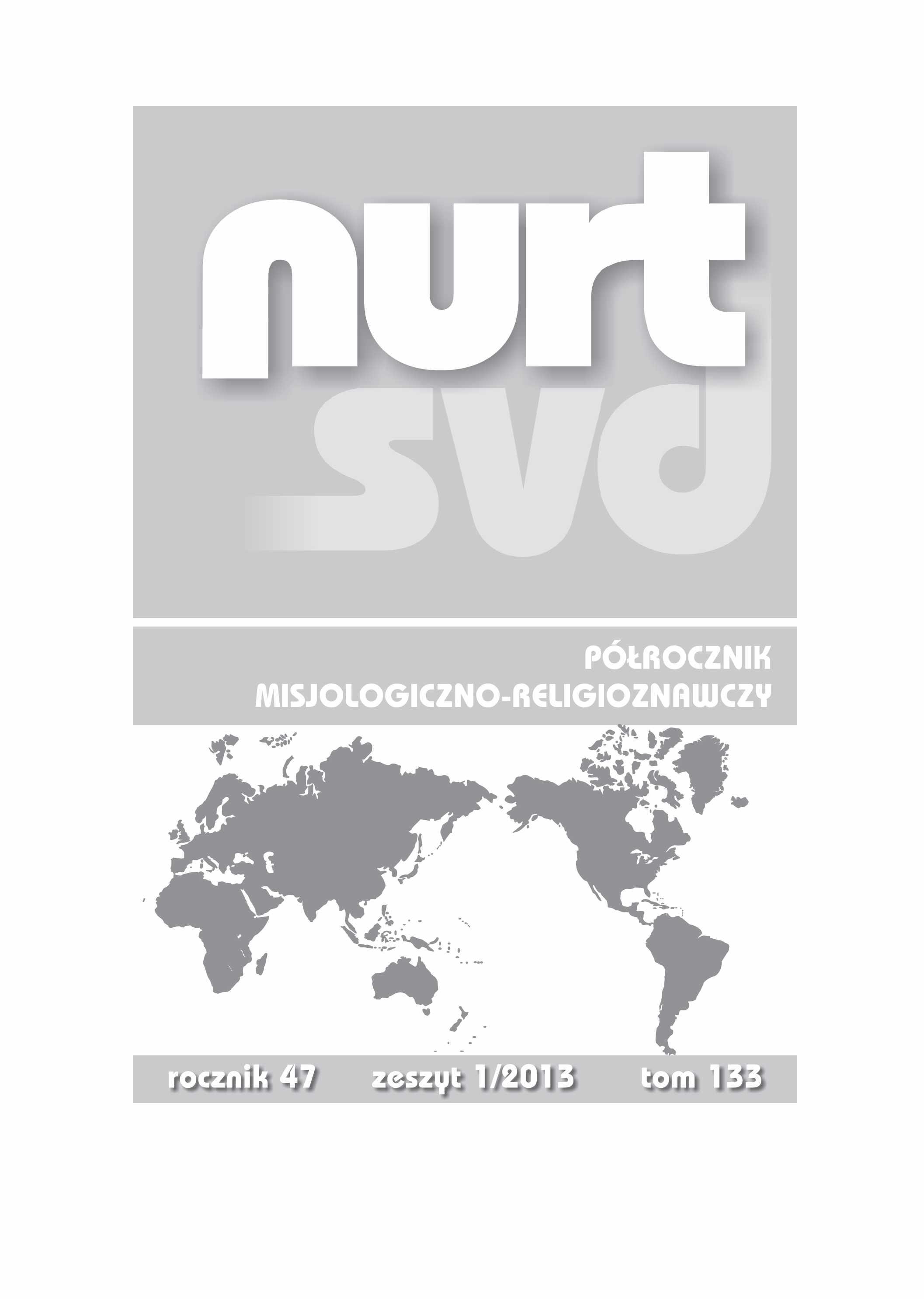Il Melanesian Institute – la sua Missione e il suo ministero pastorale e sociale
The Melanesian Institute – the Purposefulness and the Priestly and Social Commitment
Author(s): Paul B. SteffenSubject(s): Christian Theology and Religion, Sociology of Religion
Published by: Verbinum
Keywords: Melanesian Institute; Melanesia; Catholic missionary congregations; ecumeny; social; cultural and pastoral studies
Summary/Abstract: The Melanesian Institute (MI) is a scientific institute aimed at theological, cultural, social and economic studies at the service of the churches and the society in Melanesia. The MI was born out of the renewal spirit of the Second Vatican Council. The cultural anthropologist Ernest Brandewie and Gerald Bus joined in proposing such an initiative for Papua New Guinea. The MI was founded in 1969 by an Association of Religious Superiors of Papua New Guinea and Salomon Islands. According to the vision of its founders, the MI should accomplish the following goals: 1) to carry out relevant anthropological and socioeconomic research; 2) to organise orientation courses for missionaries; 3) to publish “Melanesian Social Pastoral Papers”; 4) to help implement socio-economic development schemes and experiments. The MI developed in 1974, from an inter-congregational institute staffed by members of various Catholic missionary congregations – to an ecumenical institute under the guidance of the four major churches in Melanesia. In over four decades it contributed with its social, cultural and pastoral studies not only to the social, cultural and pastoral formation of church ministers, but to that of all educators and leaders in Melanesia as well.
Journal: Nurt SVD
- Issue Year: 133/2013
- Issue No: 1
- Page Range: 73-116
- Page Count: 44
- Language: Italian

